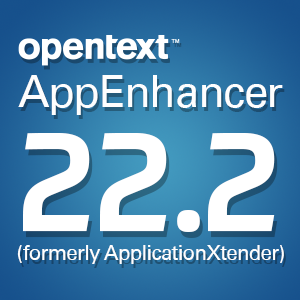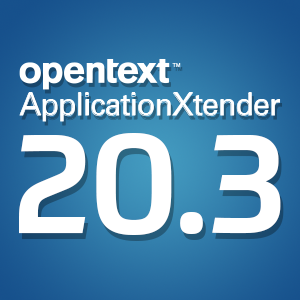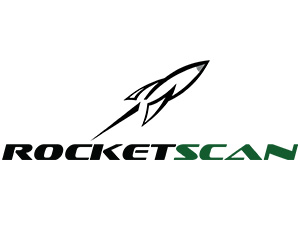Too many executives fear adopting e-signatures
Friday, February 20, 2015Someone famous once said that "the only thing we have to fear is fear itself."
There are a few business executives who should take Franklin D. Roosevelt's famous quote to heart when it comes to going paperless. Unfortunately, not every organization has charged headfirst into the prospect of a paperless office, and for managers that have been reluctant to make the switch, the issue is often e-signatures.
Firms that have adopted content management services but have been hesitant on moving away from ink signatures aren't committing fully to the benefits that going paperless can bring, according to CMS Wire. When executives aren't willing to ditch paper signatures for the electronic alternative, they're costing their companies money they don't have to. There is still a fear among many managers that e-signatures don't have the same legal authority as inked alternatives, and that they can be manipulated more easily.
Research has found that slow adoption of paperless technologies can often be attributed to indecisive management, the news outlet explained. However, what many may not know is that e-signatures are generally accepted with pretty much the same standing as paper copies. With the adoption of the E-Sign Act, electronic signatures legally have to be accepted in the same way that traditional alternatives are.
E-signatures could be growing in popularity soon
However, signs are pointing toward a better understanding of the legality of e-signatures. Last year the U.S. Department of Housing and Urban Development announced that the Fair Housing Administration would begin accepting e-signatures in addition to handwritten versions.
More recently, the Electronic Signature And Records Association started working with software companies to begin promoting the use of e-signatures in the mortgage sector, according to MortgageOrb. The ESRA, founded in 2006, intends to teach businesses and people about the regulation of e-signatures, their legal authority and the operational processes involved in the use of e-signatures and document storage solutions.
For years federal legislation has leaned toward promoting the use of digital signatures. The Government Paperwork Elimination Act required that by 2003 federal agencies working with individuals or entities would have to provide the option to submit information electronically, when possible. E-signature use is encouraged within federal government transactions, so why isn't the concept gaining steam in the business world as it should?
How going digital can improve your business
This could be helpful for indecisive mortgage firm executives who don't completely understand the legality of e-signatures. Going paperless can provide a plethora of benefits. For example, businesses pay employees a significant amount annually simply for copying, filing and organizing paper files. Need a document signed by your attorney? Well you're going to have to send someone to take some time out of his or her day to find it, when that employee could be doing more important things. With document storage software with e-signature capabilities, locating the file will be much simpler, faster and thus much less costly. Search the attorney's name or a keyword and you have it.
E-signatures are an effective way to begin saving time and money at your company, as well as a productive next-step in the transition to a paperless office. Don't let uneasiness about the legality of an electronic alternative to that gold old inked John Hancock steer you away from further eliminating paper from the workplace. Perfectly acceptable and easy to manage, e-signatures seem set to grow in popularity this year, and for good reason.
Brought to you by Image One Corporation, providing complete information governance since 1994.




